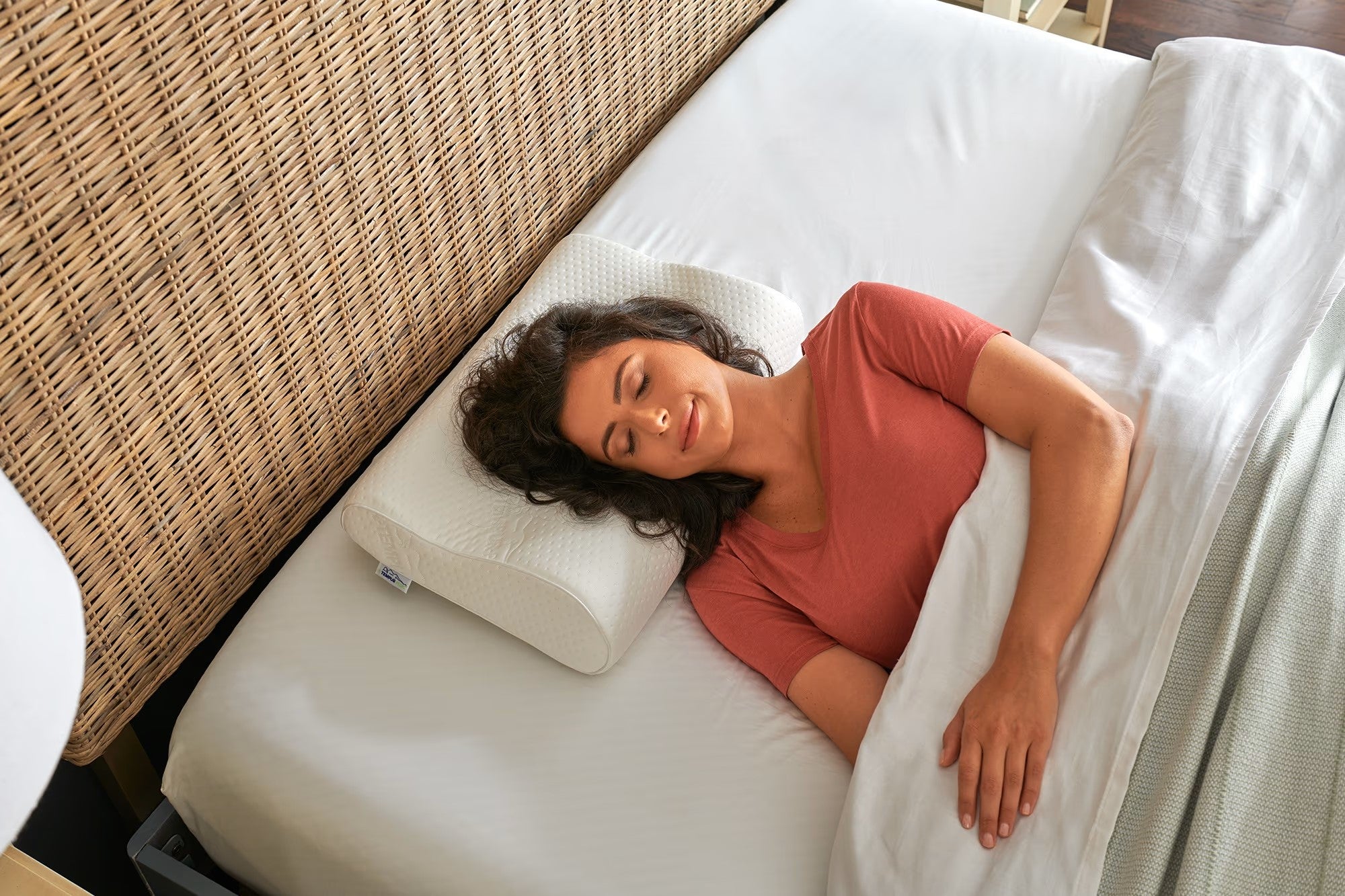Introduction
According to Mark Roemer Oakland, you may have a perfect home for you and your family. You may have also upgraded the outdoor features of your home and got an inground swimming pool for those hot summers. However, that means your pool needs to be checked by a pool compliance inspector. Let’s figure out what needs to be checked before the inspection.
The Details
1. Physical condition of the pool – Structural deterioration may be subtle and hard to detect. Check out the pool finish to make sure that the interior is smooth, uniform, and free of streaks and stains. If you find discrepancies, there may be some structural problem that needs to be fixed before the inspection. Apart from examining the finish, check out the tiles along the waterline for chips and cracks.
Examine the tile grout to make sure everything is fine and hasn’t deteriorated with use. You’ll also need to check the pool deck and make sure the color and condition of the decking material aren’t odd in any way. The decking position should also be correctly pitched so that the splash out from the pool is directed towards proper drainage channels.
2. Pool safety features – Pool safety features include everything from perimeter fences around the pool to safety covers and pool alarms. Unfortunately, there is no uniform federal code for these standards, and it varies from town to town and as you move states.
Check with the local township for the necessary pool safety features that you need to adhere to and the standards that need to be maintained. For instance, residential pools require a safety enclosure around the pool to keep children from entering the pool unsupervised. But the height and materials for this enclosure vary drastically in different jurisdictions.
3. Condition of pool operating systems and equipment – In some jurisdictions, a pool safety inspector may check the condition of the pool operating systems and relevant equipment to make sure the pool operates efficiently. To check this, you need to turn on all the systems that operate the pool. Keep it running and listen for weird sounds that may indicate mechanical problems.
You need to get those mechanical issues checked and make sure the systems don’t fail to cause a disaster for you and your neighbors. The pump and water filtration systems deserve the most attention since they are critical to the functioning of the pool and can be very expensive to replace or repair when they fail. Apart from that, you also need to check the lighting system to ensure the pool is safe after sundown. While you’re at it, you may also check if the poo heater is working correctly, just for your own peace of mind.
Conclusion
Mark Roemer Oakland suggests that you check the above-mentioned things and make sure that your pool is compliant with the current standards. The last thing you want is to have an unsafe pool and incur more costs by applying for another inspection.



